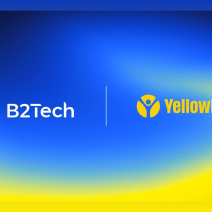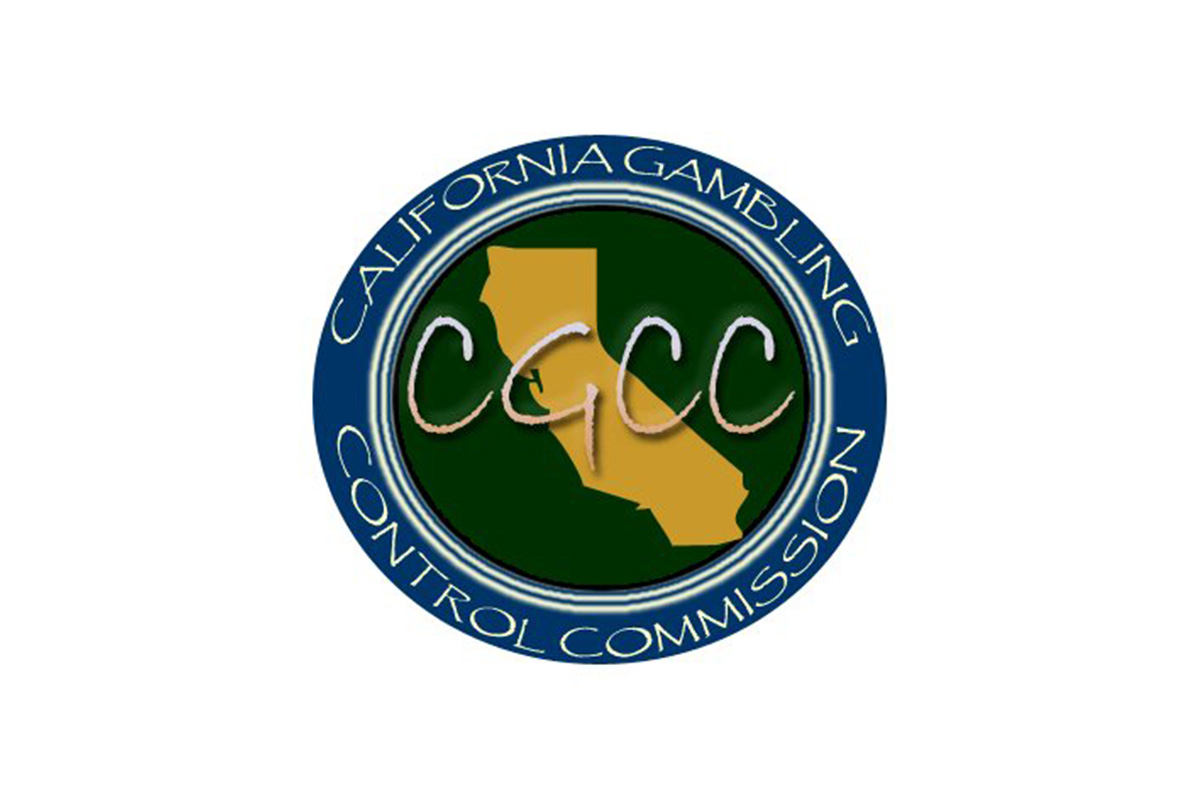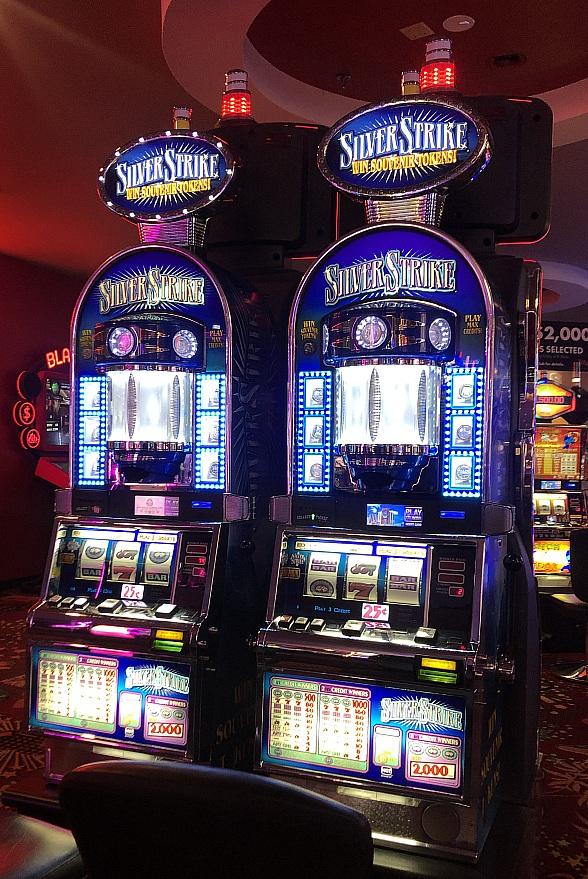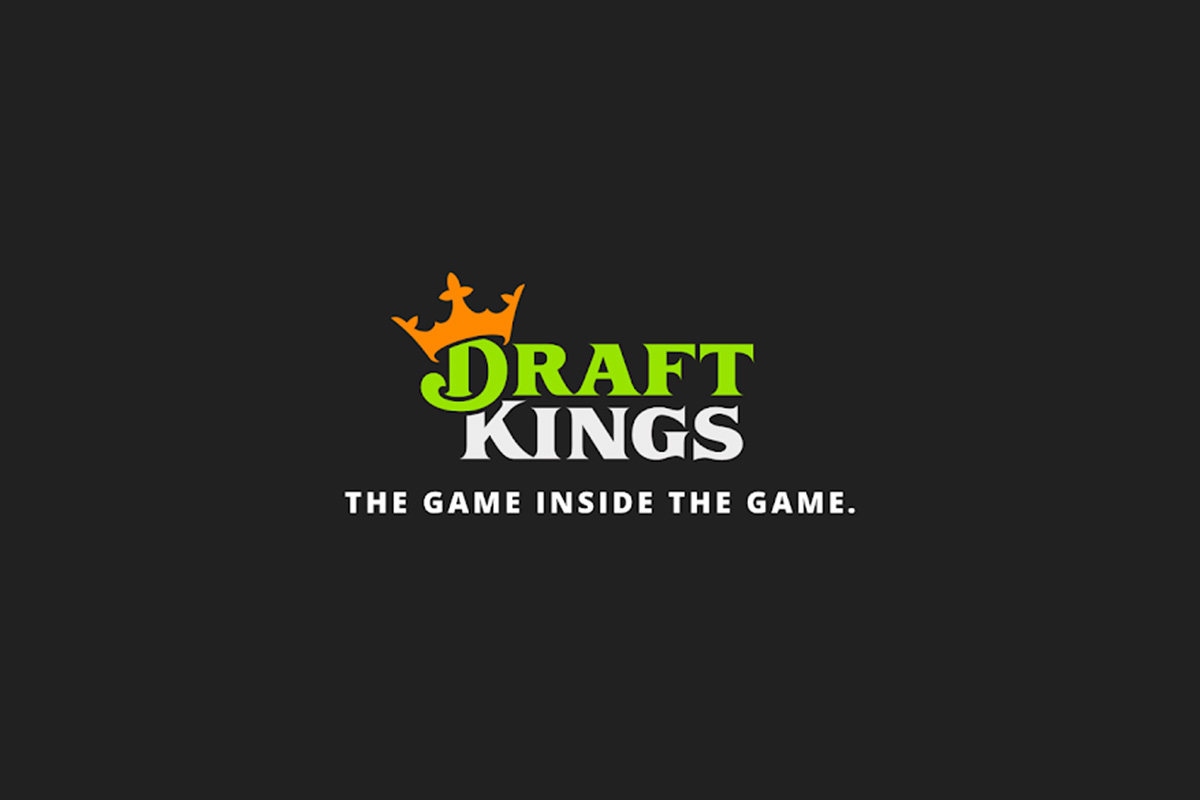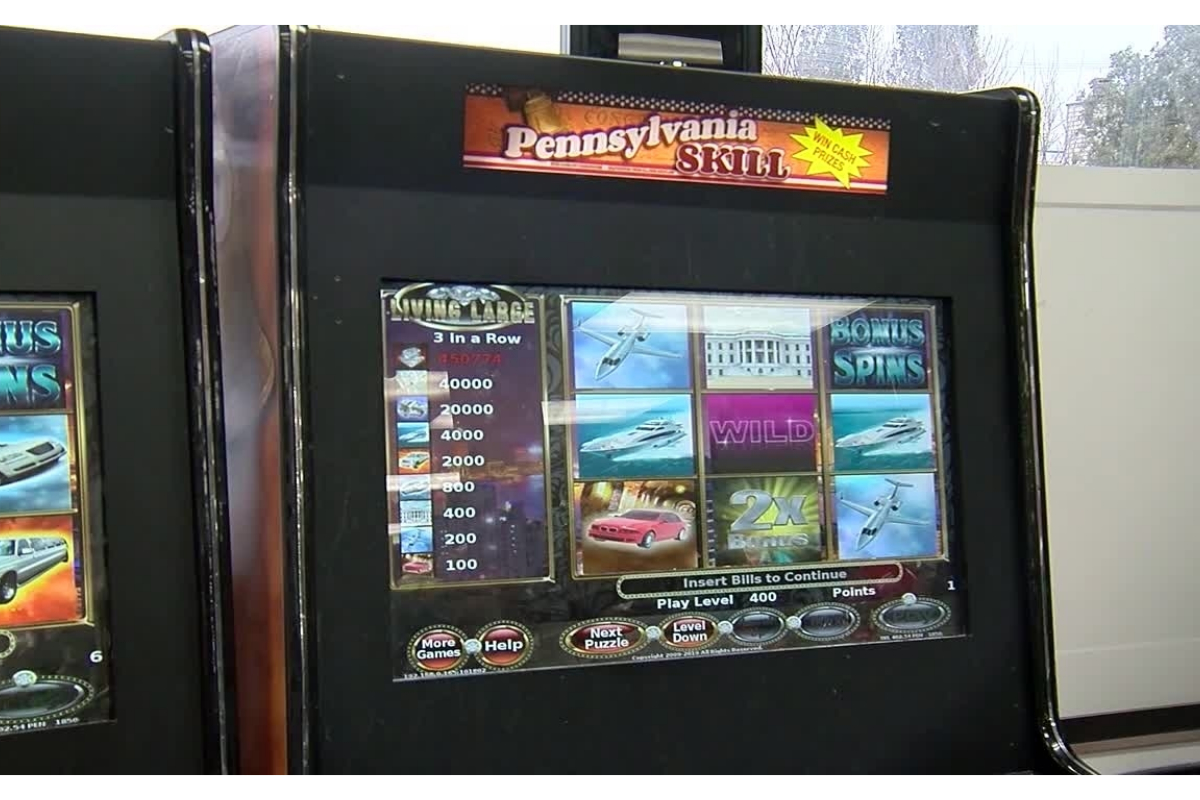
Pennsylvania Commonwealth Court Says Pace-O-Matic’s Pennsylvania Skill Games Are Legal
Pace-O-Matic of Pennsylvania (POM of PA), the entity that markets Pennsylvania Skill games, received a substantial victory in today’s Commonwealth Court opinion, which makes clear our games are legal.
Matt Haverstick, Esq., who represented POM of PA in the lawsuit said, “The Commonwealth Court agreed that our games are presumptively legal. The injunction was denied for locations that have illegal gambling devices comingled with our legal POM games. We are seeking clarification that the injunction is still in place for locations that have only POM games. Ultimately, the Court was concerned that the injunction might hamper the Bureau of Liquor Control and Enforcement’s ability to conduct investigations into illegal gambling and slot machines where a POM machine may also be located. That is a position that POM of PA supports as we have been on the front lines pointing out the proliferation of illegal gambling devices and min-casinos.”
Click here to read the opinion.
The Court made it clear that they consider our games legal, “This Court recognizes that unless, or until, POM Games are considered to be illegal gambling devices under the Crimes Code, POM may suffer harms to its reputation and property interests as a result of the seizures.”
The Court also made it clear that they saw the difference between “POM machines” and illegal gambling operations, “The tiny fraction of POM machines that have been confiscated as part of larger investigations and confiscations into illegal gambling operations, and the fact that POM does not intend to challenge these isolated seizures as long as POM is not specifically targeted, the Court finds no improper conduct by the PSP that warrants the imposition of an injunction at this time.”
Pace-O-Matic Director of Communications Mike Barley added, “We understand the confusion that exists as law enforcement has a difficult time discerning between what is a legal skill game and what is an illegal gambling device. Our commitment is to continue working with the legislature to regulate, tax and provide strict enforcement of the legal skill game industry. The revenue we are providing to small businesses and fraternal clubs, the jobs that are being created and the tens of millions of dollars we have paid in taxes to the state prove that we are laying a solid foundation for the legal skill game industry that benefits Pennsylvania.”
Pace-O-Matic’s Pennsylvania Skill products are manufactured by Miele Manufacturing in Williamsport, which has created over 100 manufacturing and manufacturing-related positions in our Commonwealth. Additionally, Pennsylvania Skill games are helping to support and grow businesses that were struggling and are now thriving and creating jobs. The revenue generated by our games has become a lifeline to fraternal clubs and organizations across the Commonwealth, including American Legions, VFWs and local fire companies. Pennsylvania Skill has donated over $700,000 over the past year to local charities, including food banks, children’s hospitals and senior centers.
As part of our ongoing efforts to ensure compliance, Pace-O-Matic employs a team of former state troopers to enforce the terms of our contracts and our codes of conduct. These contracted terms limit the number of machines and where they are placed in a location and have protections in place to prevent anyone underage from playing our devices.
In 2014, the Beaver County Court of Common Pleas ruled Pace-O-Matic’s Pennsylvania Skill games are legal as games of predominant skill. That court decision can be found by clicking here.
SOURCE Pace-O-Matic

